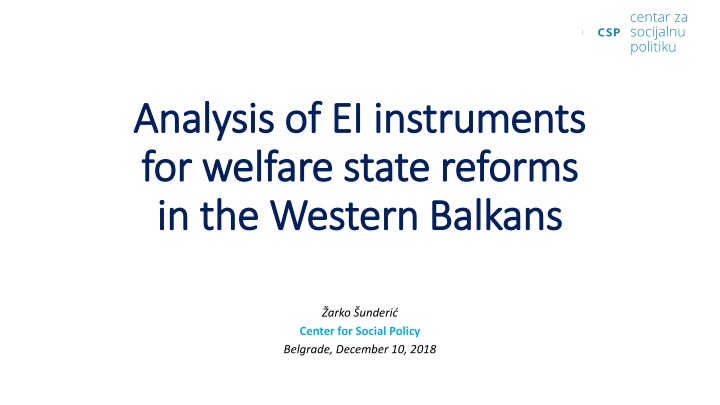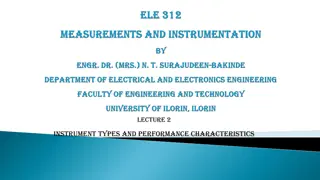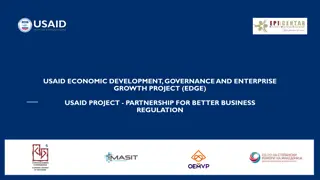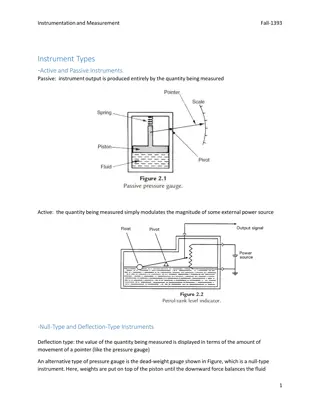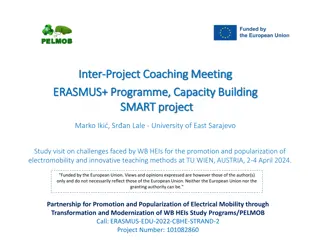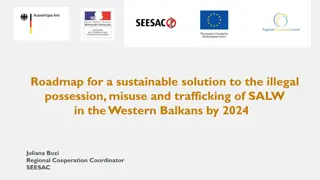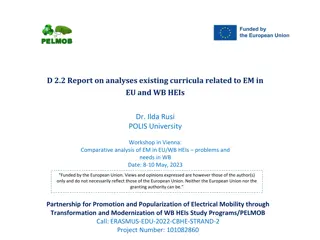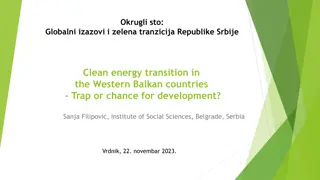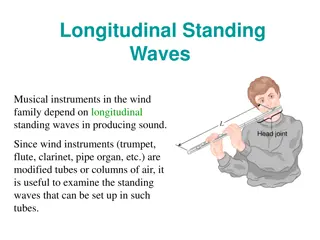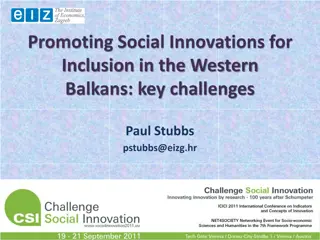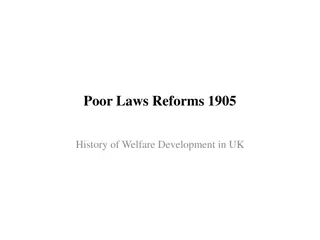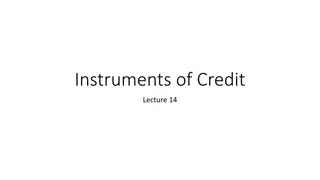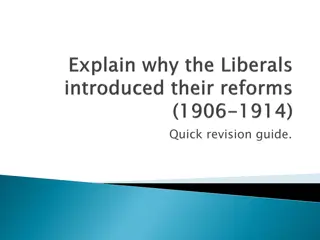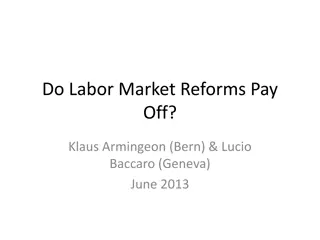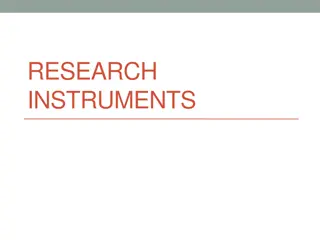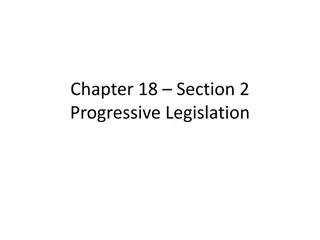Analysis of EU Instruments for Welfare State Reforms in Western Balkans
Analysis of European Union instruments, such as the European Semester, in promoting welfare state reforms in the Western Balkans. Discusses policy harmonization, coordination, and funding mechanisms through the EU structural funds. Highlights how the EU governance mechanisms impact domestic welfare states in EU member states.
Download Presentation

Please find below an Image/Link to download the presentation.
The content on the website is provided AS IS for your information and personal use only. It may not be sold, licensed, or shared on other websites without obtaining consent from the author.If you encounter any issues during the download, it is possible that the publisher has removed the file from their server.
You are allowed to download the files provided on this website for personal or commercial use, subject to the condition that they are used lawfully. All files are the property of their respective owners.
The content on the website is provided AS IS for your information and personal use only. It may not be sold, licensed, or shared on other websites without obtaining consent from the author.
E N D
Presentation Transcript
Analysis of EI instruments Analysis of EI instruments for welfare state reforms for welfare state reforms in the Western Balkans in the Western Balkans arko underi Center for Social Policy Belgrade, December 10, 2018
EU and Social Policy The national social welfare systems in the EU are very heterogeneous in spite of the fact that problems are similar EU member states have remained the main actors and not the EU itself in employment and social policy, and general social sectors EU Acquis and EU values are to be reached through the EU Negotiations process Policy harmonization is promoted through EU strategies and flagship initiatives through joint goals, targets and selected indicators Coordination is strengthened through the Open Method of Coordination Priorities are funded through the EU structural funds Up to Croatia s accession, policy reforms in social sectors in EI process are promoted through: Joint Inclusion Memorandum (JIM) and Joint Assessment of the Employment Policy Priorities (JAP)
New instruments for the EU New instruments for the EU member states member states
European Semester (2011) Since the euro crisis, the EU has introduced a series of changes in its socio-economic governance architecture European Semester is the process for coordination of national budgetary and economic policies and umbrella framework for policy coordination Through the European Semester EC reviews performance of the National Reform Programs Country-Specific Recommendations (CSR) are issued to member states, backed up in some cases by possible financial sanctions Brings together a wide range of EU governance instruments with different legal bases and sanctioning authority Brings social policy somewhat closer to the EU governance mechanisms, although focusing mainly on fiscal consolidation
Social aspects of European Semester Responsibility for employment and social policy remains primarily with national governments However, EU economic governance generally does have an impact on domestic welfare states For about half of the socially relevant country-specific recommendations member states have made at least some progress regarding their implementation The European Semester involves for some CSRs hard reform pressure, such as monetary sanctions in case of non-compliance The rate of implementation of social CSR is higher for the eurozone countries than for the group of non-eurozone countries
The European Social Policy Network (2014) Provides the European Commission with independent information, analysis and expertise on social policies ESPN supports the Commission in monitoring progress towards the EU social protection and social inclusion objectives set out in the EU2020 strategy and in European Semester Gives an overview of policies addressing key challenges in the areas of social protection (such as pensions, health, long-term care) and social inclusion Assess on whether the policies reflect the social investment approach Covers candidate countries and potential candidate countries
European Pillar of Social Rights (2017) Sets out 20 key principles and rights to support fair and well- functioning labour markets and welfare systems It is primarily conceived for the euro area but applicable to all EU Member States wishing to be part of it Building a fairer Europe and strengthening its social dimension is a key priority for this Commission The European Pillar of Social Rights is accompanied by a social scoreboard which will monitor the implementation of the Pillar Tracking trends and performances across EU countries in 12 areas and will feed into the European Semester of economic policy coordination
New instruments for the EU New instruments for the EU candidates and potential candidates and potential candidates countries candidates countries
Economic Reform Programs ERP (2015) JIM and JAP replaced with Employment and Social Reform Programs (ESRP), but only for some countries and for few years No process around ESRP anymore Since 2015, all EU candidate countries and potential candidates prepare ERPs on an annual basis, with 3-year macroeconomic and fiscal policy frameworks and comprehensive structural reform agendas ERPs prepare the enlargement countries for their future participation in the EU s economic policy coordination procedures Key role in improving economic policy planning and steering reforms 9 structural reforms areas, including education and skills (7), employment and labor market (8) and social inclusion, poverty reduction and equal opportunities (9) Structural reform public policies that: tackle obstacles to the fundamental drivers of growth facilitate the use of resources and productive factors as efficiently as possible or contribute to a more equitable and inclusive economy.
Overview of the ERP process in the Region ERP guidance gives opportunities to countries to propose relevant policies: policies that strengthen access to and quality of the education system at all levels policies that promote quality employment policies that modernize social protection systems, such as inclusion at the labor market and society, sustainability and adequacy of pension systems and access to quality services such as childcare, education, training, housing, health services and LTC In reality, structural reforms cover measures which are less relevant for public spending (no reforms in pension, health, long-term care or mainstream education, while employment equals to AEM) Mainstream policies have not been tackled through the ERP process low effect on meeting major national goals or EU integration goals Structural reforms are too narrow, which limits the utility and impact of ERPs No sanctions if countries do not implement structural reforms, no award if they do well
Enlargement Strategy (2018) EC announces the new flagship initiative to enhance support for socio- economic development. It will include: expanding the Western Balkans Investment Framework a significant boost in the provision of guarantees to crowd in private investment support to start ups and SMEs and greater trade facilitation more focus on employment and social policies increased financial assistance to support the social sector, in particular education and health, funding under Erasmus+ will be doubled Proposes holding of an annual EU-Western Balkans Ministerial meeting on social and employment issues to exchange views Proposed initiative avoids major social protection policies and challenges No explicit issues of sustainability, quality and governance in social sectors
Recommendations within the borders of reality A stronger focus on social sectors is needed within EI process, with more balanced arrangement of fiscal, macro-economic and social key indicators. EPSR can serve as a starting point Develop regular social impact assessments of economic policy measures and reforms Flagship initiative on socio-economic development should focus on the real challenges and the issues of sustainability, quality and governance in social sectors ERPs should be strengthened with social protection policies and measures which are heavier part of national budgets (similar to European Semester for the EU MSs) Ensure/support implementation of ERPs EU funding must be linked to the social welfare challenges and reforms Introduce incentives for performers and sanctions for non-performers Promote evidence-based dialogue on social policy through high-level annual meetings to discuss challenges, priorities, concepts and progress (with civil society and academia involved) Ensure the buy-in of all levels of governance, including the local Support development of quality and reliable statistics quality data are prerequisite for better policies (indicators set; reliability and quality of data; access to data) Organize regular regional technical peer review meetings where countries and experts can discuss challenges and reforms in social sectors
This project is funded by the European Fund for the Balkans This project is funded by the European Fund for the Balkans through the through the Think and Link 2018 Grant, Think and Link 2018 Grant, implemented by the Center for Social Policy (Belgrade), implemented by the Center for Social Policy (Belgrade), Finance Think (Skopje) and Economic and Social Analytics (Tirana) Finance Think (Skopje) and Economic and Social Analytics (Tirana) zarko.sunderic@csp.org.rs
